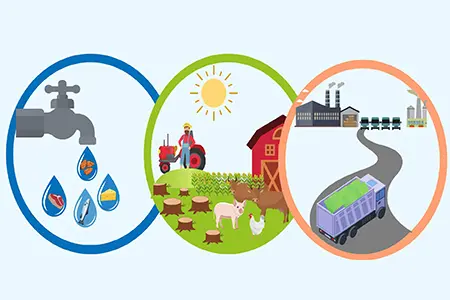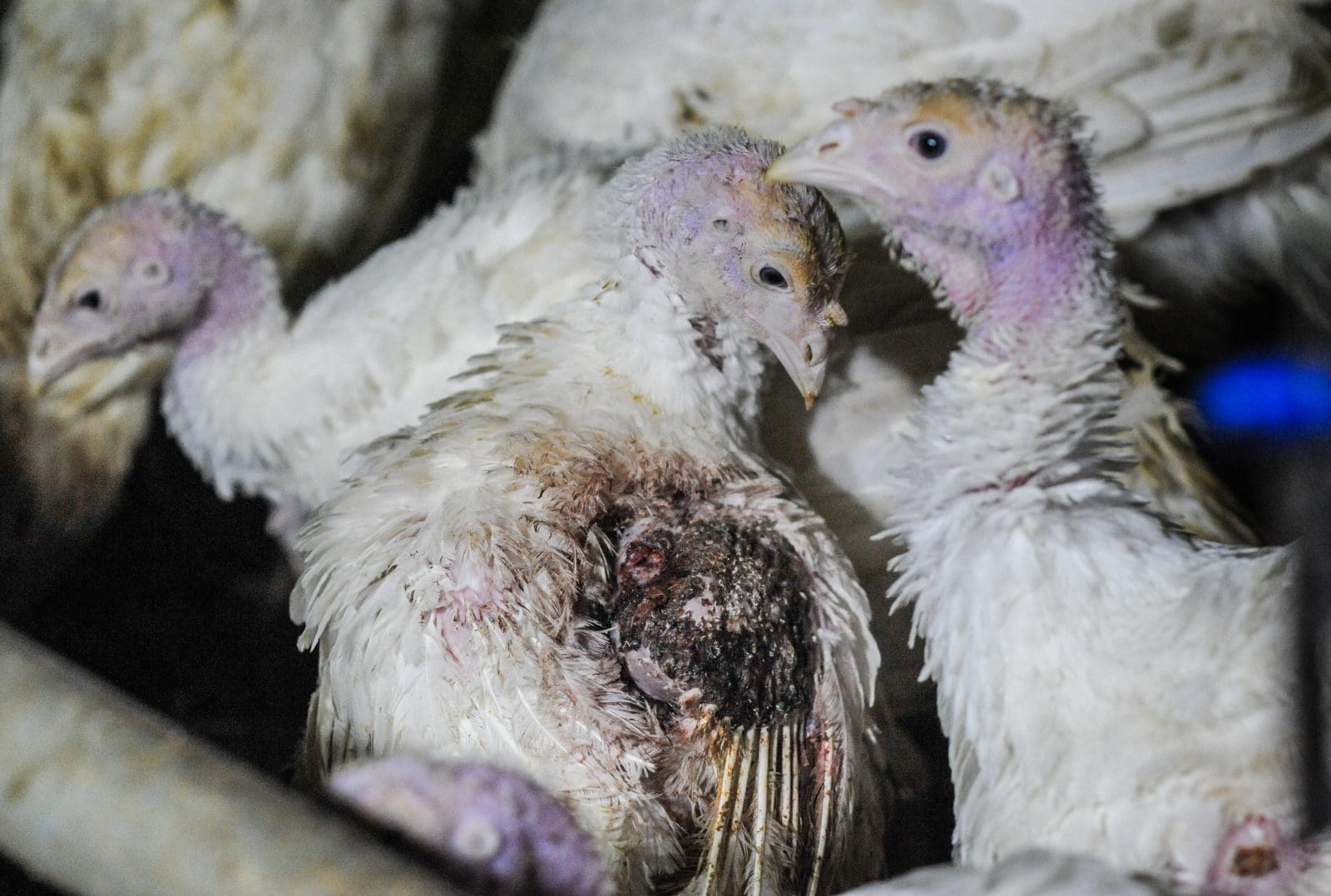Industrial animal agriculture is an exceptionally resource-intensive sector, consuming vast amounts of water, feed, and energy to produce meat, dairy, and other animal products. Large-scale livestock operations require significant quantities of water not only for the animals themselves but also to grow the crops that feed them, making the industry one of the largest contributors to freshwater depletion globally. Similarly, the production of feed crops demands fertilizers, pesticides, and land, all of which add to the environmental footprint.
The inefficiency of converting plant-based calories into animal protein further amplifies resource waste. For every kilogram of meat produced, far more water, energy, and grain are used compared to producing the same nutritional value from plant-based foods. This imbalance has far-reaching consequences, from contributing to food insecurity to exacerbating environmental degradation. Additionally, energy-intensive processing, transportation, and refrigeration amplify the carbon footprint associated with animal products.
This category emphasizes the critical importance of resource-conscious practices and dietary choices. By understanding how industrial farming squanders water, land, and energy, individuals and policymakers can make informed decisions to reduce waste, improve sustainability, and support food systems that are more efficient, equitable, and environmentally responsible. Sustainable alternatives, including plant-based diets and regenerative agriculture, are key strategies for mitigating resource waste while safeguarding the planet’s future.
Livestock farming has been a cornerstone of human sustenance and economic activity, yet its environmental footprint is raising urgent concerns. The rising global demand for meat and dairy fuels deforestation, accelerates greenhouse gas emissions, depletes water resources, and disrupts biodiversity. These cascading effects intensify climate change while jeopardising ecosystems vital to life on Earth. As awareness grows, plant-based diets and sustainable farming practices emerge as viable paths to reducing these impacts. This article explores the environmental consequences of livestock production and highlights how conscious dietary shifts can contribute to a healthier planet and a more resilient food system


















































